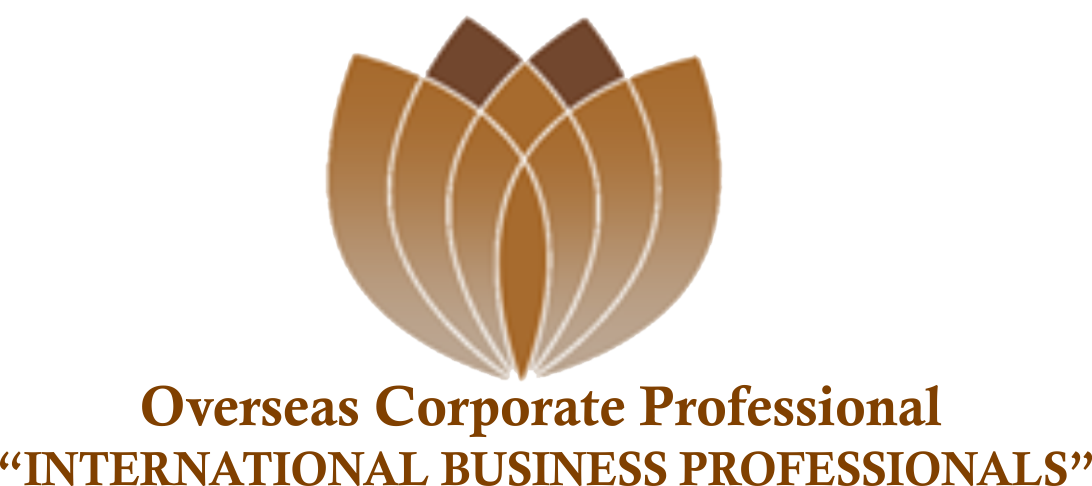 CANADIAN BUSINESS START UP PROCESS
CANADIAN BUSINESS START UP PROCESS
BEFORE YOUR START: THE PLAN
- A business plan is a written document that describes your business objectives and strategies, your financial forecasts and the market you are targeting. It will help you set realistic and timely goals, secure external funding, measure your success, clarify operational requirements and establish reasonable financial forecasts. Preparing your plan will help you focus on how to operate your new business and give it the best chance for success.
- Securing financial assistance to start your new business is directly related to the strength of your business plan. To be considered for funding from financial institutions or investors, you must demonstrate that you understand every aspect of your business and its ability to generate profit.
When starting your business, choose the business structure that best suits your needs. The three
most common business structures are:
Sole proprietorship
General partnership
Incorporation
Before registering your business, you should decide what you want your business name to be. The right name can be an effective advertising tool that can help your customers understand what your business does and which market you are targeting. Some points to consider when naming your business:
• Short names are easier to remember
• Descriptive names can help people understand what your company sells
• Professional names can fit the image you want to project
• Unique names ensure that the name is not already in use
For most businesses, choosing an appropriate location is critical and the address is often needed for registrations, licenses and permits. Your ideal location will depend on your business needs, zoning restrictions, and where your customers and competitors are. Taxes, noise and the local business environment are also important factors to consider when reviewing your options.
If you are considering setting up your business in your home, make sure you know what regulations and restrictions will apply to your home-based business before you start.
BUSINESS REGISTRATION STEPS
If the company intends to use a specific name, that name must be approved and reserved by the Corporate Registry. This is to ensure the company’s name can be distinguished from the names of other incorporated companies and that the name meets specific guidelines established by the registrar of companies.
Before a company can be formed there must be an incorporation agreement signed by each incorporator. This is required even if there is only one incorporator. Usually the incorporator(s) will also be the shareholder(s) and director(s) once the company is incorporated. The Business Corporations Act specifies that this incorporation agreement must contain:
- The agreement of each incorporator to take one or more shares of the company
- The signature of each incorporator opposite their full name, along with the date each incorporator signed the agreement
- The number of shares of each class being taken by each incorporator
Every company must have a set of articles. The company’s articles are the rules that govern the conduct of the company and its shareholders, directors and officers. The articles must be kept by the company as part of the company’s records.
The next step in the process of incorporating company is to file an Incorporation Application with the Corporate Registry.
- Canada Revenue Agency
- GST/HST
- Payroll deductions
- Provincial Sales Tax (PST) for new businesses only
- The Workers’ Compensation Board
- Local Government Business Licenses
